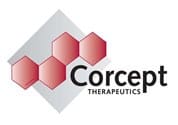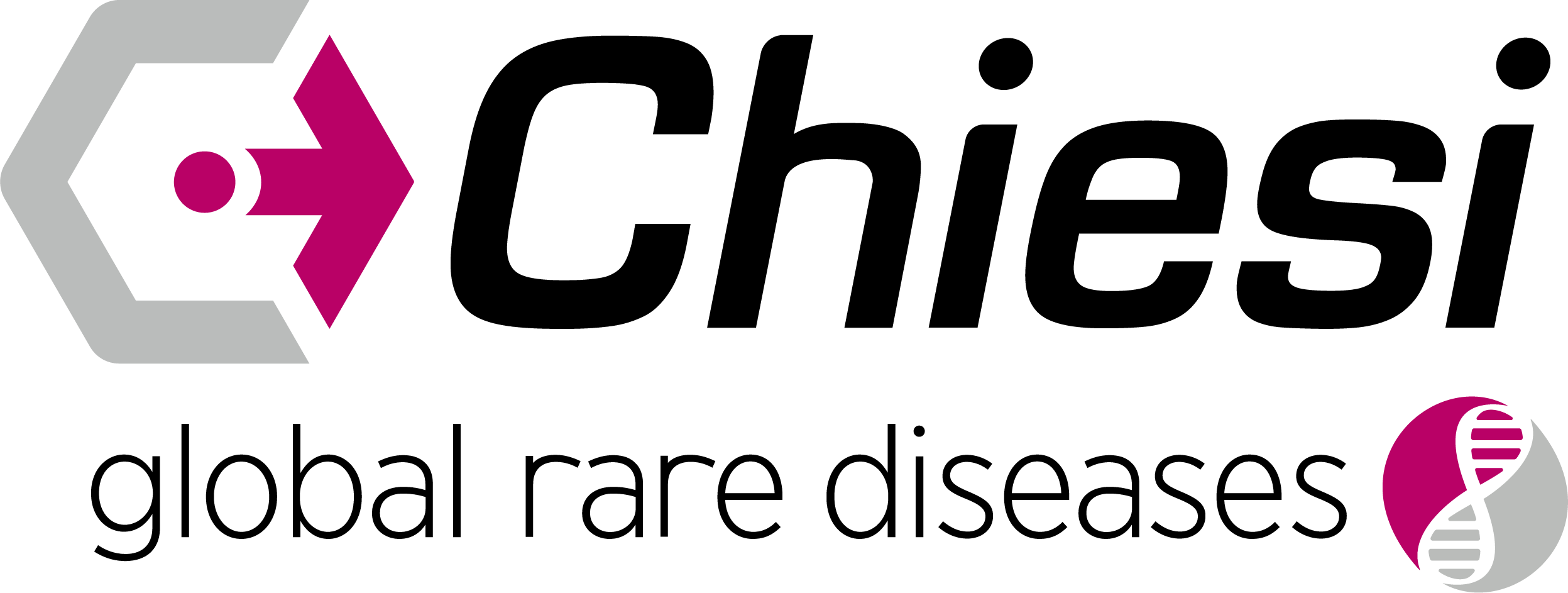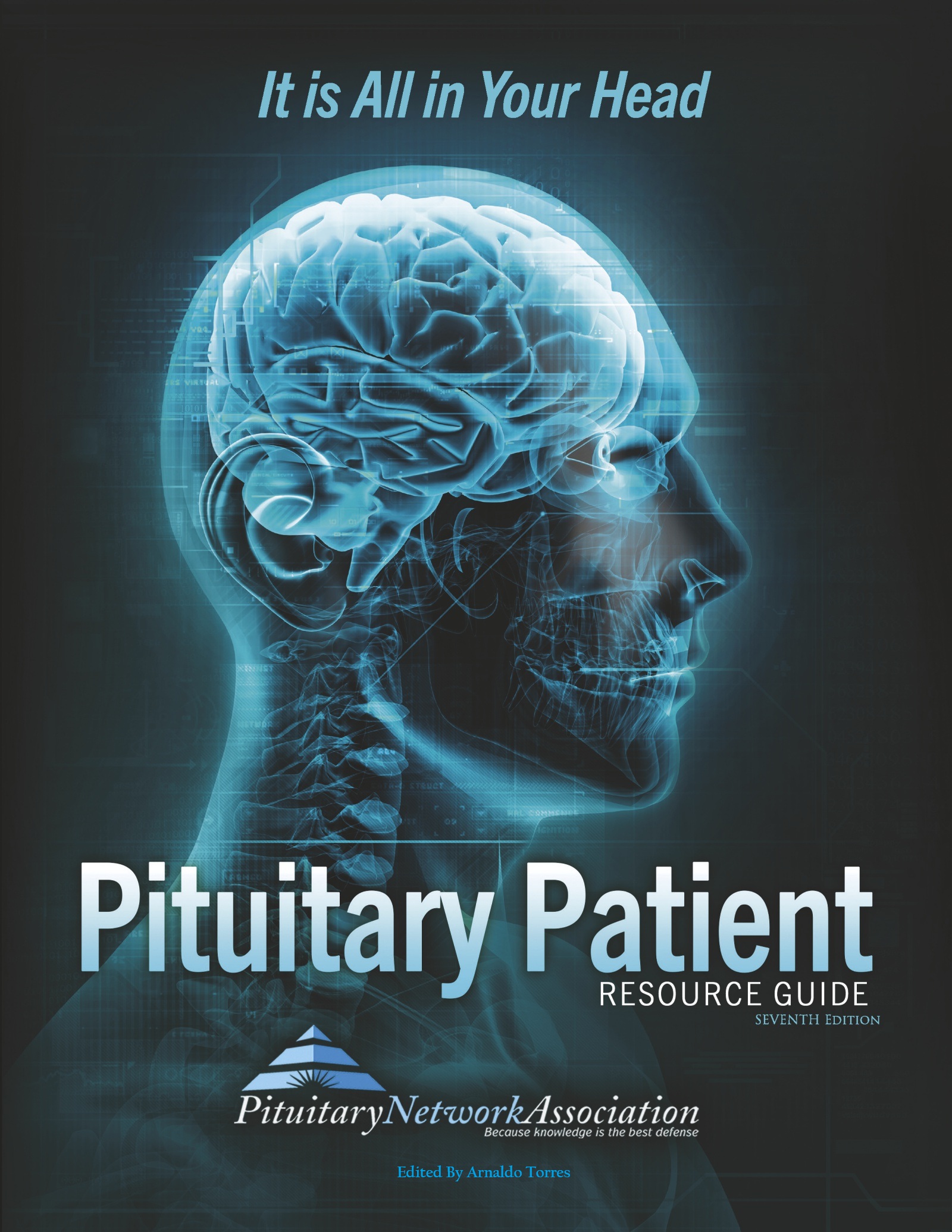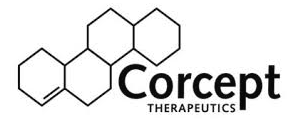News Articles February 2022
Written on 04 February 2022.
Adenoma
A benign tumor that arises in or resembles glandular tissue.
May or may not produce hormones in excess. Presence may affect normal glandular function.
ADH
Antidiuretic hormone, vasopressin.
Also known as Arginine vasopressin; Antidiuretic hormone; AVP; Vasopressin. ADH is also a test (water restriction test) that measures the amount of antidiuretic hormone (ADH) in the blood. ADH is found in the body and it is also given as a medication.
ADH is a hormone stored in the posterior pituitary gland in the brain, regulating water levels in the body. ADH interacts with the kidneys to increase total body water increasing blood volume and blood pressure. The release of ADH is controlled by cells called osmoreceptors and baroreceptors. Osmoreceptors are specialized areas in a part of the brain called the hypothalamus. These cells measure the concentration of particles in the blood. When the concentration is high, the pituitary releases more ADH, causing more water to be retained to dilute the body fluids. When the concentration is low, the pituitary releases less ADH.
The heart also senses blood volume and blood pressure, and signals the pituitary to release more ADH when blood volume or blood pressure are low and less ADH when they are high.
Adhesion
Union of two tissue surfaces. Also, scar tissue that can form in the area of a previous operation.
Adhesions are scar-like tissues that form between two surfaces inside the body. Surgery, inflammation, or injury can cause tissues to bond to other tissue or organs, similar to the forming of scar tissue. Adhesions can also form between the two surfaces. Surgery may be done to allow normal movement of the organ and reduce symptoms caused by the adhesion. However, there is a risk for more adhesions as the number of surgeries increase
Adjuvant
A therapy used in addition to or accompanying another treatment.
Adjuvant (therapy). Treatment given after or in addition to the primary treatment to increase the chances of a cure. Adjuvant therapy may include chemotherapy, radiation therapy, hormone therapy, or biological therapy.
Adrenal Glands
A pair of endocrine glands which produce small quantities of vital hormones.
The adrenal glands sit on top of the kidneys and are controlled by the pituitary gland. They produce aldosterone which regulates salt and potassium balance, cortisol which is a stress hormone, and weak sex steroids.
Allergen
A substance that is foreign to the body and, in some people, can cause an allergic reaction.
An allergen is a substance that can cause an allergic reaction. Allergens are substances that, in some people, the immune system recognizes as “foreign” or “dangerous” but cause no response for most people. Examples include pollen, molds, and certain foods.
Allergy
A hypersensitivity of the body’s immune system in response to exposure to specific substances (antigens).
A hypersensitive immune reaction to a substance that normally is harmless or would not cause an immune response in most people. An allergic response may cause harmful symptoms such as itching or inflammation or tissue injury. Also called Hypersensitivity.
Alopecia
Loss of hair; baldness in areas where hair is usually present.
A common side effect of radiation therapy to the brain and some chemical therapies.
Ambulatory
Able to walk around, not bed-ridden.
Able to walk about and not bedridden, as in an ambulatory patient or outpatient.
Amenorrhea
The failure of a woman to menstruate.
Amenorrhea is the absence of a menstrual period. Primary amenorrhea is when a young woman has not yet had a period by age 16. Secondary amenorrhea describes someone who used to have a regular period but then it stopped for at least three months due to pregnancy or other factors.
Available Now!
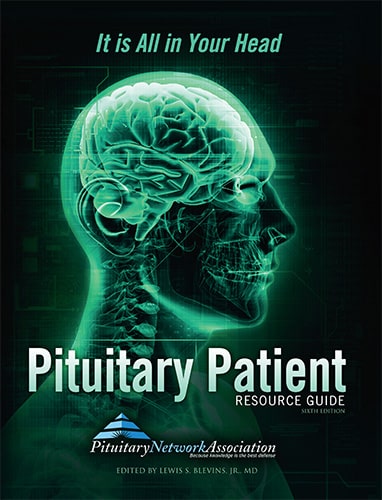
The Pituitary Patient Resource Guide Sixth Edition is now available! Be one of the first to have the most up-to-date information. The Pituitary Patient Resource Guide a one of a kind publication intended as an invaluable source of information not only for patients but also their families, physicians, and all health care providers. It contains information on symptoms, proper testing, how to get a diagnosis, and the treatment options that are available. It also includes Pituitary Network Association's patient resource listings for expert medical care.

Xeris Pharmaceuticals is valued member of the PNA



